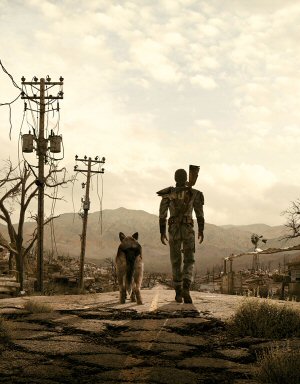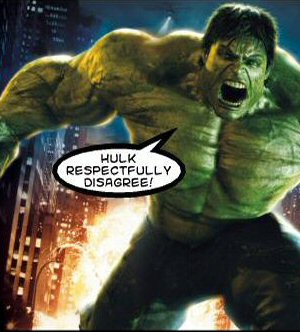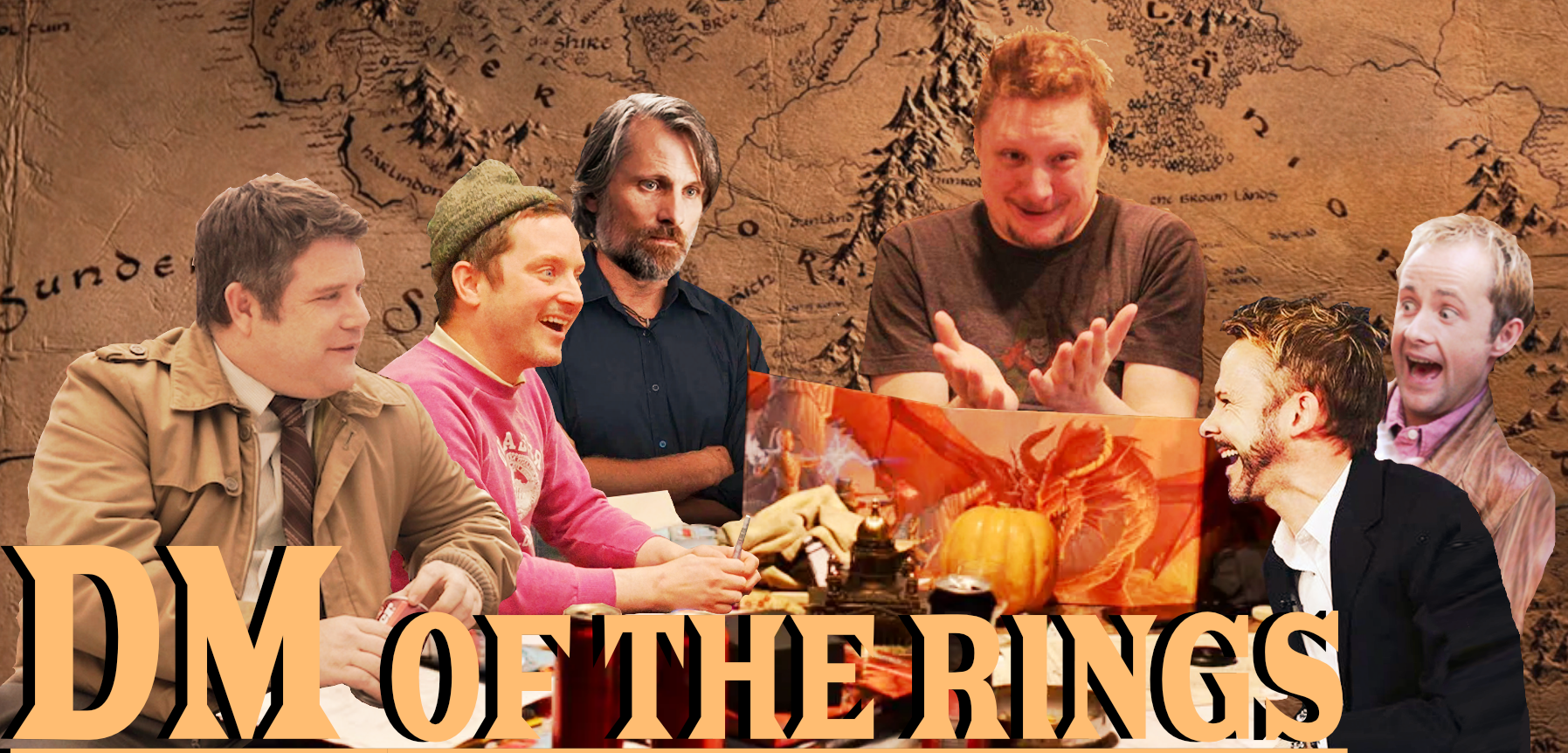
The idea of finding some random shmuck in a town who will buy all your pocket trash has always bugged me. Why does Bjorn the blacksmith has the money to buy sixteen dented helmets? Why is he willing to take mysterious liquids and bottled sludges? An alchemist might get excited by the prospect of rare colorful plants but for all Bjorn knows thats a weird houseplant you’re trying to overcharge him for. I’m sure plenty of DMs make sure to account for this, but that doesn’t make me worry any less about Bjorn and his hypothetical spending problem.
Raytracing

Raytracing is coming. Slowly. Eventually. What is it and what will it mean for game development?
Blistering Stupidity of Fallout 3

Yeah, this game is a classic. But the story is idiotic, incoherent, thematically confused, and patronizing.
Programming Vexations

Here is a 13 part series where I talk about programming games, programming languages, and programming problems.
Twelve Years

Even allegedly smart people can make life-changing blunders that seem very, very obvious in retrospect.
Philosophy of Moderation

The comments on most sites are a sewer of hate, because we're moderating with the wrong goals in mind.
 T w e n t y S i d e d
T w e n t y S i d e d

Old-school D&D actually had rules to govern whether or not particular settlements had enough coin on hand to be able to buy all of your loot. :) In practice though it was rarely enforced because, just like in video games, it often just turned out to be an annoyance and slowed down the game.
I thought it was a fun kind of annoyance in Morrowind where shops would only buy certain goods and would only spend certain amounts of money, so you’d go to town and have to hop between six shops for a couple of days to unload everything. It’s a very particular mood.
Thief: Deadly Shadows had a similar mechanic. In-between missions, you could move around the city as sort of a hub level, and as part of this you had to take all the stuff you stole during the last mission to a fence (as opposed to it all just magically turning into coins, like in the first two games). The rub is that the stuff you steal falls into 1 of 3 categories, and any given fence will only ever take 2 kinds of stuff off your hands. Kind of a pain in the ass, but at the same time it helped to make the world feel more real. Fences had specialties, you couldn’t just take everything down to Uncle Dave’s Totally Legit Pawnshop.
Always happy to see a mention of Thief: Deadly Shadows
Even those rules are likely not complicated enough for “realism”.
– Almost no settlement would have enough coin, except possibly the local lord. So you end up with barter, which is vastly complicated.
– Negotiating with the local lord has a good chance of having the stuff confiscated in some manner, or fighting his retainers.
– Going to a town probably means trying to sell stuff to the guild (or rather guilds) who have the license to sell those goods in that town.
– Selling to a sutler means selling to a number of them, since they also would specialize, and possibly running afoul of the army (either getting conscripted, or just fighting them).
If you’re running a simulation it’s all good, but if you’re trying to tell a story or give the players a power fantasy? It’s just annoying, and there’s a serious chance of completely derailing things.
Yeah, imho this is just tedium unless the GM wants to specifically prevent the players from interacting with the economy for some reason or the trading simulation is literally the point of the game (not my thing though, I’m always glad for a “sell all junk” button and other quality of life improvements that make the trading as smooth as possible).
Not to mention we’re going back to the problem that in typical DnD as soon as you start interacting with magic items you basically enter a whole other tier of economy. And sure, this has advantages if you don’t want the player to penny pinch over an ordinary torch or a common tent, but the moment they can casually tip enough to essentially derail the entirety of the local markets it can become kind of ridiculous.
Witcher 1 “solved” this problem by giving the player very little space to carry loot. You could not put weapons into your backpack… rather, your armor had X slots that could fit a weapon, (where X depended on the outfit, but was always 4 or less, if I recall correctly) and if you found more than X weapons you had to leave them behind. This bothered me initially, but after a while it was a huge relief. I couldn’t loot every damn thing, so I didn’t have to!
I suppose if you really wanted to you could walk back and forth from the battlefield to the store to sell them all, but I don’t have quite that level of game OCD.
FWIW, I always found it useful to have a pretty hard distinction between ‘valuables’ that could be sold or exchanged as cash as opposed to junk (including most of the nondescript weapons and armor looted from enemies).
Like, it’s not really practical to schlep hundreds (or thousands) of pounds of battered orc kit back to town, and, unless the players were trying to arm a large group of NPCs, there was no point. (I thought Shamus nailed this one with the orc helmet joke).
Exception: A gentleman assassin PC who collected short blades from people he killed, and who ended up building a room in the PC fort to house his collection.
They should havem instead of a “shop”, a stock exchange. Or a market. Where then everything has some commodity value and it makes sense that you can sell them all. Even have the price change if you saturate the market with supply. I think it’s like this in games like Freelancer, and I’m sure I’ve seen games where the price drops as you sell more of an item.